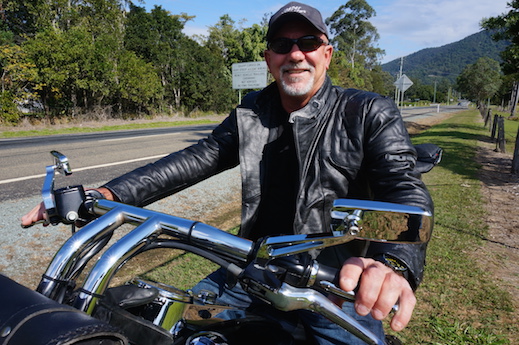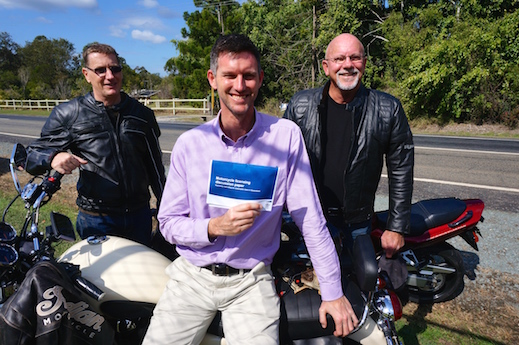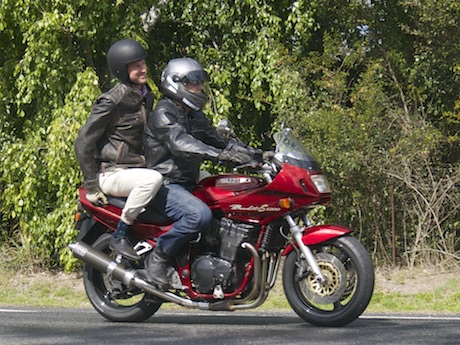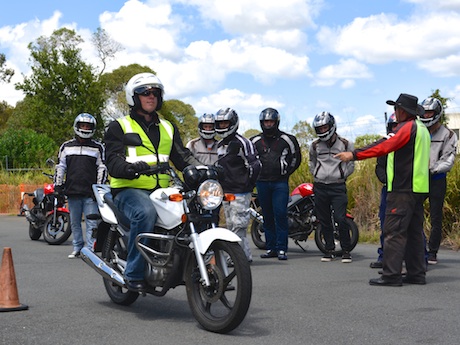Learner riders could face tougher testing procedures under proposals in a discussion paper which would bring Queensland into line with graduated licensing schemes in other states.
If implemented, Queensland would then actually have the toughest tests for a learner rider as it is the only state that requires potential riders to hold a car licence for a year before obtaining a learner’s permit.
Releasing a motorcycle licensing discussion paper today (July 26, 2015), Road Safety Minister Mark Bailey says novice motorcycle riders are over-represented in the road crash statistics and “something must be done”.
He asks Queenslanders to have a say in an associated ONLINE SURVEY which goes live from midnight tonight. Submissions close on September 6.
The first question in the survey is a review of the discriminatory and provocative car licence requirement brought in by the previous Labor administration. (We’re still not sure how someone who never wants to drive a car would go about getting bike licence!)
Other “possible changes” suggested in the discussion paper and queried in the survey are:
- An additional pre-learner training and assessment course away from public roads;
- A minimum period for holding a motorcycle learner licence (with options up to 12 months);
- A minimum period before progressing to an open licence (with options up to four years).
Motorcycle Riders Association of Queensland president Chris Mearns congratulates the Minister for consulting with the organisation and urges riders to have their say in the survey.

He commends the suggestion of an extra pre-learner training course to increase Q Ride contact with riders during the licensing process from two to three times.
There is no mention in the discussion paper of whether learner riders would therefore face an extra financial impost from the extra testing.
However, Chris warns against anything that makes licensing more of a burden for learner riders, fearing a return to the days before Q Ride when as many as 20% of riders were unlicensed because of tough and expensive licensing rules.
Chris suggests the current two-day Q Ride course be split into a half-day pre-learner course and a one-and-a-half-day licence training course.
The Minister, who admits he is not a rider but says his brother was “into Katanas” (the Suzuki, not the sword), stresses the need to “ensure novice riders are better prepared for riding on the road” by increasing their skills and experience before gaining a learner’s permit and graduating to a provisional and open motorcycle licence.
Chris agrees that the current system of allowing learner licence holders to “immediately play on the road” needs addressing.
However, he urges perspective on the Minister’s crash and fatality figures saying this year’s leap in fatalities to 32 comes after the lowest year on record and that the growth in licensed riders outweighs the increase in crashes.

The Minister admits there is nothing in the discussion paper or survey that addresses the other burgeoning area of crash statistics; returned riders.
Other areas of discussion include:
- The need for developing a standardised Q Ride curriculum, including hazard perceptions and attitudes to risk-taking;
- The importance of a practical assessment before obtaining an open licence if novices have to spend longer on a restricted licence;
- A zero-alcohol limit for provisional licence holders; and
- Restrictions on novices carrying a pillion.



